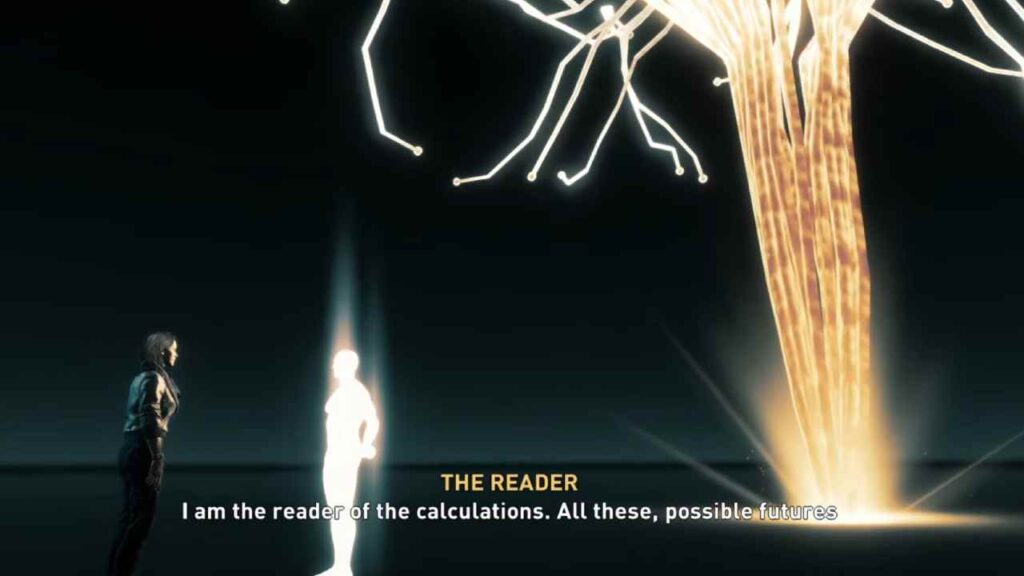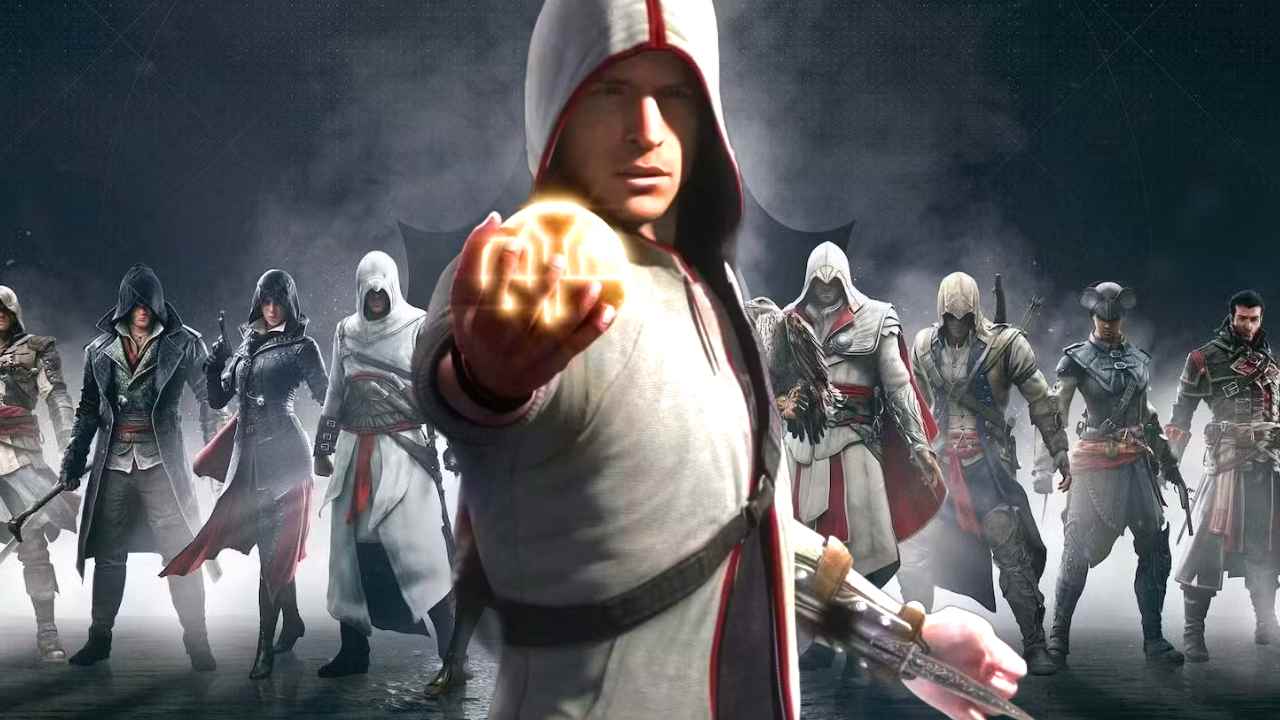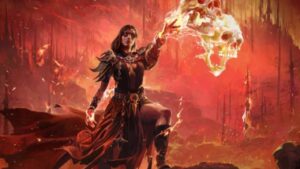Original Assassin’s Creed protagonist Desmond Miles has been dead for longer than he lived within the franchise. Introduced in the 2007 original, the modern day hero was killed off in the end of 2012’s Assassin’s Creed 3, a decision that still brings some ire to fans today.
In a conversation with FRVR on an upcoming episode of our podcast, creative director Alex Hutchinson—who recently released the fantastic Revenge of the Savage Planet—explained that killing off Desmond Miles was a strategic move to make sure that the Assassin’s Creed franchise could survive within the mainstream.
The decision to kill Desmond Miles all stemmed from how the series was already becoming bloated and filled with increasingly complex lore. Originally, the series was designed to be a trilogy with the third and final game being entirely focused around Desmond in the modern day, but with Ezio’s games becoming a trilogy in itself, that focus changed.
“So, the original, before I joined, Corey May and Patrice Désilets [wrote the original plan for Assassin’s [and it] was a trilogy,” Hutchinson explained. “It was the two as they were and then a Desmond game, and that was it, right? So the third one was supposed to be the Desmond [game], you know, all of it in the present day and then just end the franchise.”
“The gift of AC or Far Cry even is that there’s always a clean jumping on point for everybody and you don’t feel like you’re missing out on everything.”
Assassin’s Creed 3 director Alex Hutchinson
Unfortunately, for some, Assassin’s Creed 2 was extremely popular which led Ubisoft to crowbar two more games in between the second and third games. “The problem with success is it drags it out,” Hutchinson continued. “And so Ubisoft then… stuck two more games in between us before we could finish. They did Brotherhood and Revelations in between; Brotherhood was meant to be a DLC and then that became a whole game.”
Hutchinson explained that with the added games the franchise became “too weighty” with lore surrounding gods and alien beings already taking away from the core historic story that the majority of mainstream players cared about. Essentially, Assassin’s Creed 3 had to move away from muddled lore and make sure the core experience of what players cared about—being an assassin in the past remained.
“If you look at the death of franchises or even genres, it’s when they start to disappear up their own butts a bit,” Hutchinson said. “So the RTS genre, before the sort of MOBA renaissance, it was because the noise from the audience who loved it the most was super-hardcore. So the games kept getting more hardcore, which kept losing more and more of the mainstream audience which meant sales got less and less. And then the whole thing just died.
“We didn’t want that to happen with AC where they are sort of lore, you know, Nazis policing everything and saying, ‘Oh, but in this game at this point 17 years ago, this happened.’ So, you need to have… essentially the gift of AC or Far Cry even is that there’s always a clean jumping on point for everybody and you don’t feel like you’re missing out on everything.”

The proposed finale with Desmond Miles as a modern day Assassin would’ve been a bookend to a franchise, it would’ve spelled an end, and while the series could’ve done that and tried to revert back to a historical setting, giving players a taste of that potential proved to be the best way forward.
The decision to kill Desmond Miles did draw some upset from the fanbase, but Assassin’s Creed 3 sold 12 million copies in just four months. Since that game, Ubisoft’s series has continued to sell as well as it ever has with over 200 million copies across the franchise’s 18-year-old lifespan. For a game that was supposed to end 13 years ago, it’s done pretty well since then.
Following Assassin’s Creed 3, Hutchinson worked on Far Cry 4 before working on Journey to the Savage Planet and its recent sequel Revenge of the Savage Planet.






